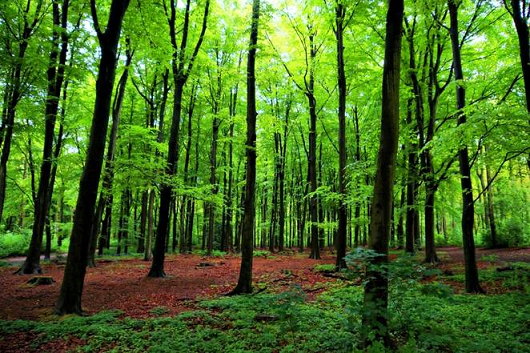A lecturer at the Faculty of Earth and Environmental Science, Bayero University, Kano, Dr Mustapha Karkarna, says that re-planting of indigenous trees can slow down effect of climate change.

Karkarna spoke on Tuesday, February 22, 2022, at the ongoing exhibition on irrigation-free indigenous trees restoration holding in Kano.
“The country’s environmental problems are peculiar and we know there is a need for much energy consumption.
“People rely so much on trees as a source of energy, yet they aren’t familiar with them and fail to understand their species and life span,” he said.
Karkarna added that indigenous trees were native species of trees in a region or an ecosystem, which resulted from natural evolution.
“They can germinate and regrow naturally and do not need any human intervention. They need space to be allowed to grow,” he said.
The don said that most parts of indigenous trees were useful to people in many aspects.
He said that the roots, stems, leaves and fruits from such trees had medicinal value and the removal of such trees triggered climate hazards.
Karkarna appealed to governments to encourage the re-planting of indigenous trees to slow down the effect of climate change.
He also cautioned farmers and members of the public to desist from removing indigenous trees without re-growing them.
Bayero University, in collaboration with Leeds and York universities in the United Kingdom, organised the exhibition.
The week-long exhibition on irrigation free indigenous trees restoration was funded by UK PACT project, under the Green Recovery Challenge.
By Aisha Ahmed
